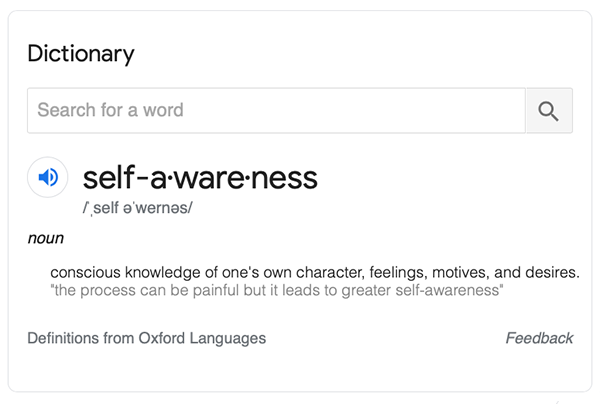Facilitating Self-Awareness in Dads—and in Ourselves as Facilitators
2 min read
Date Published: 11/10/2020
Last Updated: 11/10/2020
National Fatherhood Initiative Blog / Latest Articles
2 min read

In our last Father Factor blog post by my colleague Erik Vecere, he highlighted several videos that represent the 5 characteristics or traits of a 24/7 Dad®. They are:
Erik also shared some ways to incorporate the videos into your work with dads, which is a great way to allow your dads to hear some “Aha!” moments from their peers’ through their perspectives of the 24/7 Dad® program. If you have not read the post, I encourage you to check it out here.
The characteristic I want to highlight in this post is self-awareness.
It’s important to mention that being on the other side of this work—as facilitators, training trainers, and perhaps even being considered fatherhood ‘experts’ and with possibly years of experience and understanding in fatherhood work—this same principal applies.
As part of all our NFI Training Institutes we cover effective facilitation and ask, “What makes an effective facilitator?” and then the participants flesh out the qualities of a good and effective facilitator. Among the many qualities needed to be an effective facilitator is that the facilitator is truly self-aware of his or her own self and the need to be aware of biases, preconceptions, or prejudice he or she might hold which can impact their facilitation of the program. This would be a good presupposition for someone who trains trainers, but I also had an “Aha!” moment myself in being self-aware.
Several years ago, NFI worked with Honda, in partnership for a campaign called “#DadsDoingGood” which produced some cute dad moment videos featuring the Odyssey minivan. Here is an example of a favorite with a group of dads, using the Odyssey minivan bringing a mobile library to a group of preschoolers. While watching it, I caught myself smugly thinking throughout the video, “they’re doing it wrong!”. Naturally, with the books flung into the van, ready to spill out, getting bent, in no order. What a mess! Same with the snacks, flinging them on the tables. “C’mon guys!” I thought, “Get it together!”
When I realized what I was actually thinking, especially as an experienced fatherhood facilitator, I became self-aware of the bias in my own thinking, in spite of what I know! I reflected back at the critiques I made on my own husband’s efforts with raising our 2 children. Just because he wasn’t doing things the way I would, was that always wrong? Ultimately, the kids in the video had a great, memorable time and even learned to like reading. My own kids’ favorite memories include crazy, messy, unexpected events led by a loving dad.
The ability of a facilitator to facilitate effectively is central to the success of any fatherhood program. When working with fathers, you become a guide for the dads to become students of their own history (and present behavior) in order to gain both self-awareness and an understanding of how their previous experiences affect their current behaviors.
Being a guide is an important skill of an effective facilitator. When you go on the journey of self-discovery with these fathers it is good to always be gauging our own histories and present behaviors and to model what we teach.
Looking to improve your skills as a facilitator? Checkout our on-demand Effective Facilitation Certificate™ training here.
Date Published: 11/10/2020
Last Updated: 11/10/2020
Download the ebook to learn how to create fatherhood initiatives that engage every sector of community life.

Train Your Staff
Fatherhood Programs
Fatherhood Data
© 2025 National Fatherhood Initiative®. All rights reserved.